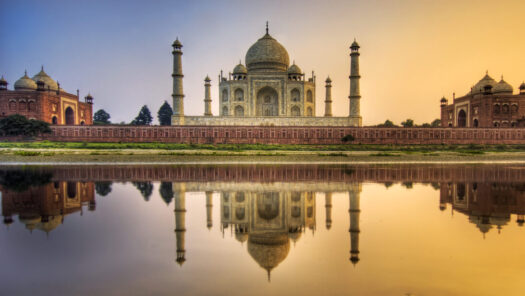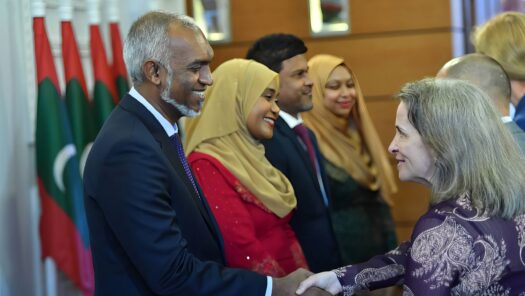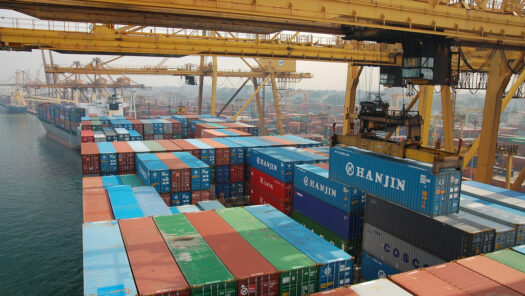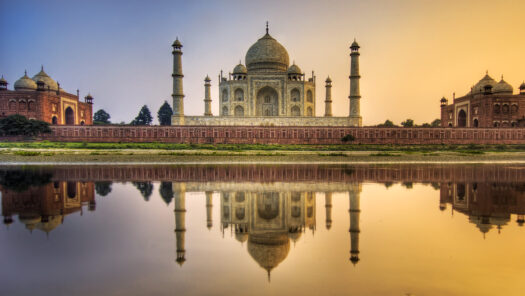Foreign Policy
Return to article
It’s Hard Not to be Pessimistic About IMEC
After five months of delays, the Indian government is finally forging ahead with plans for the much-touted India-Middle East-Europe Corridor (IMEC). On February 13, 2024, India and the UAE signed a framework agreement on the transcontinental corridor. Hyped as the…

بھارت ۲۰۲۳ میں: امریکہ اور بھارت کے دو طرفہ تبادلوں اور تیزی سے پھلتے پھولتے دفاعی روابط کا سال
بھارت کی خارجہ پالیسی نے ۲۰۲۳ میں واسودھائیو کٹمبکم یا "دنیا ایک خاندان ہے" کے اصول کو مجسم روپ دیا۔ ایک طرف تو بھارت نے "اجلاس برائے عالم جنوب کی آواز" کے ذریعے عالم جنوب کے ممالک کو ایک پلیٹ…

Elevating India’s Agricultural Diplomacy for Global Food Security
Once a recipient of international food aid, India has risen as a pivotal architect of global food security. This leap from dependence to empowerment is not merely an economic success story but a strategic orchestration of agriculture as a tool…

Navigating the India-Maldives Diplomatic Spat
The Maldives, often depicted in the news as a tropical paradise, recently had a less idyllic appearance in the headlines. President Mohamed Muizzu's government ruffled feathers in New Delhi by asking India to withdraw its military personnel by March 15,…

SAV Explainer: The Changing Dynamics of the Japan-Sri Lanka Relationship
Since 2023, Japan has extended its investment in South Asian infrastructure and connectivity projects to strengthen its soft power diplomacy in the region. As part of this extension, Sri Lanka hosted the Japanese Foreign Minister in July 2023 and invited…

India in 2023: Year of India-U.S. Bilateral Exchanges & Burgeoning Defense Ties
In 2023, India’s foreign policy embodied the principle of Vasudhaiva Kutumbakam or “the world is one family.” India provided a platform to Global South countries at the “Voice of Global South Summit” while using its yearlong role as chair of…